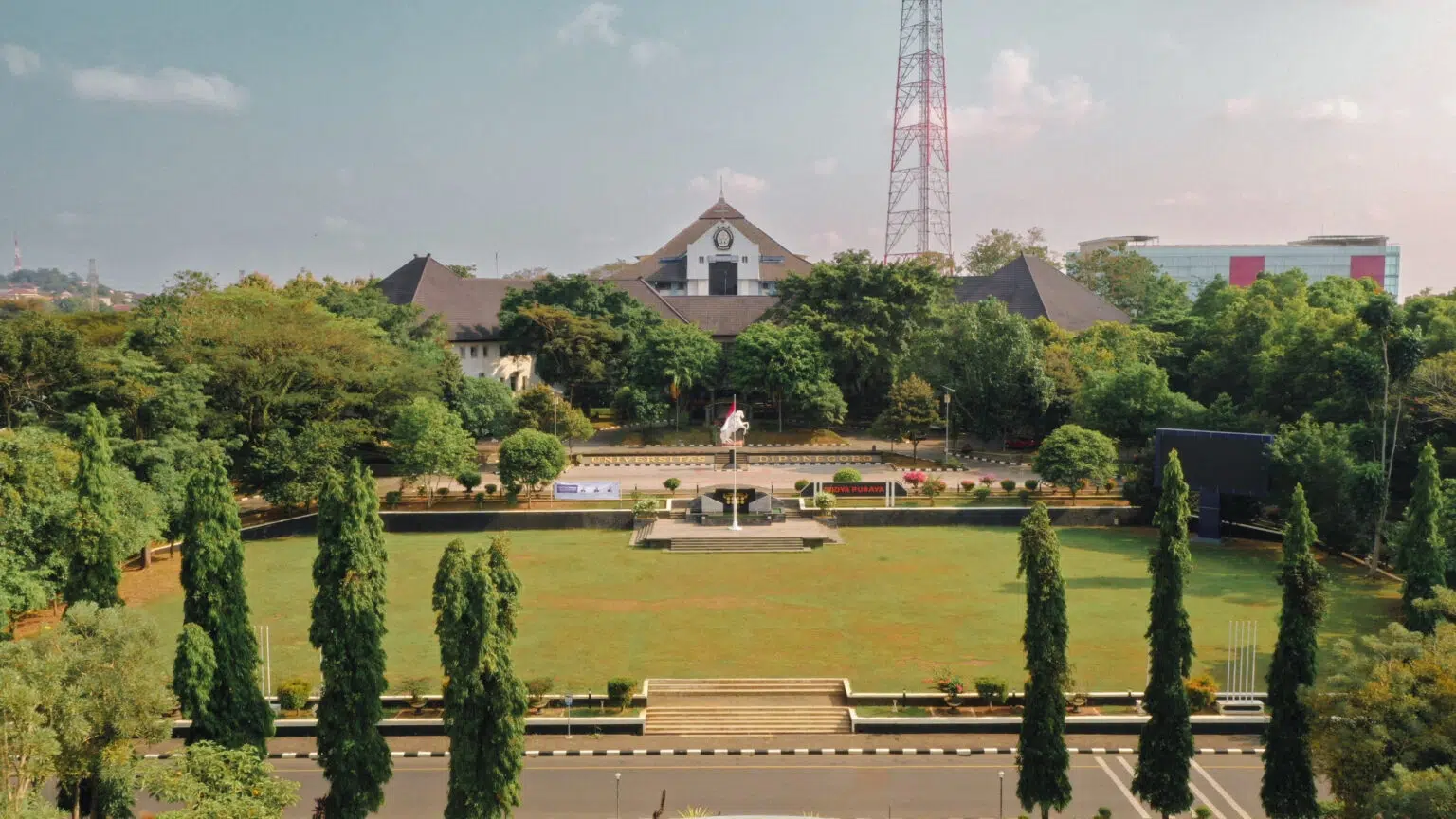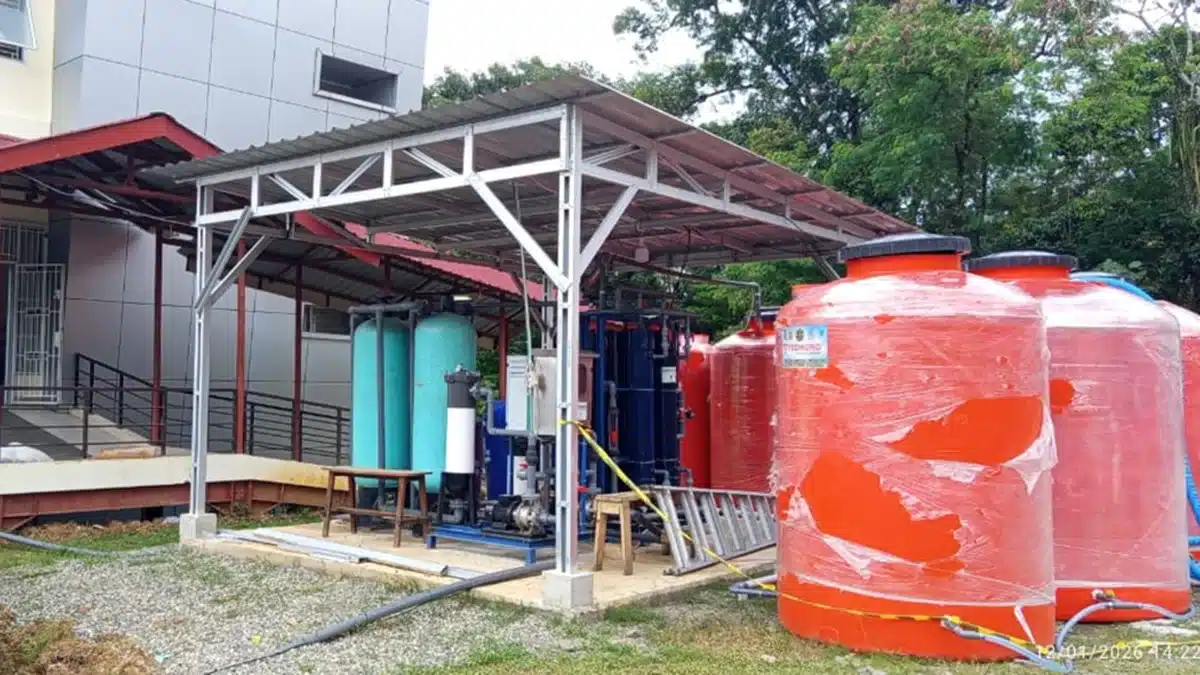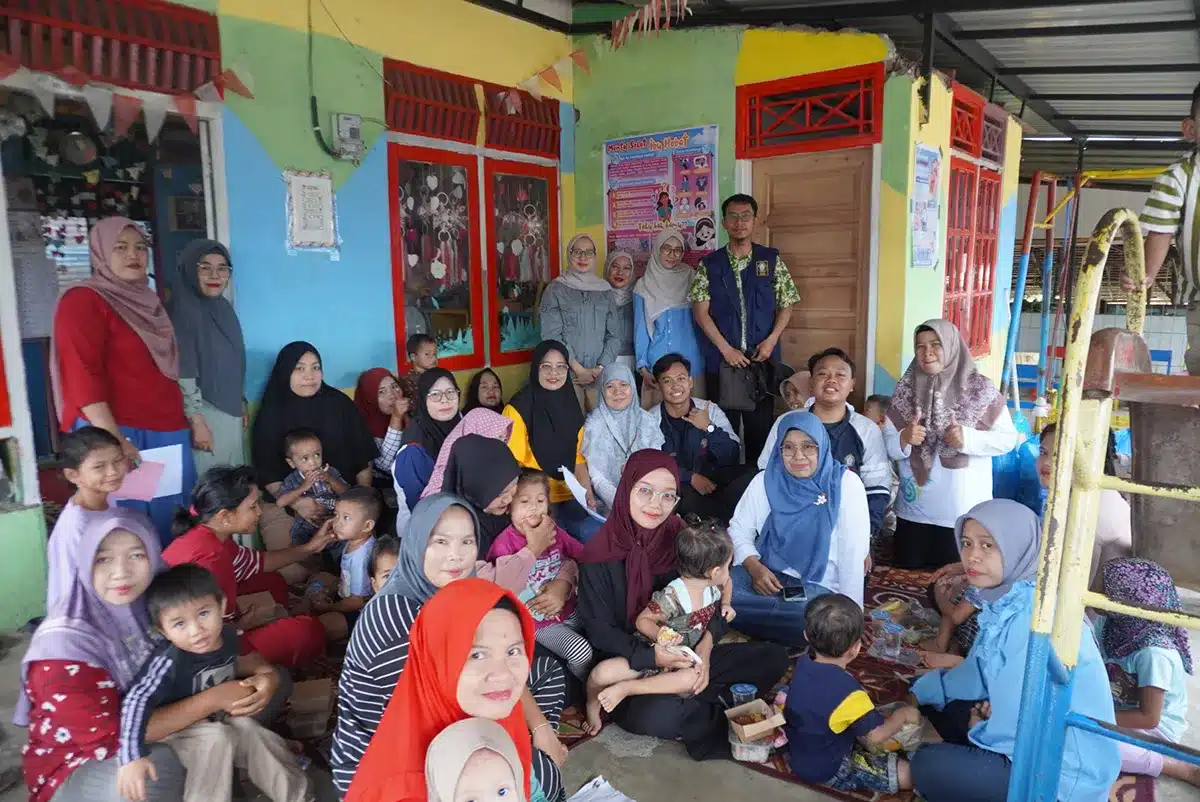In his scientific speech, Prof. Ir. Mochamad Arief Budihardjo, S.T., M.Eng.Sc, Ph.D., IPM who was officially inaugurated as an Undip Professor on Friday (30/9) located in the Prof Soedarto SH Building, Undip Tembalang campus, conveyed one of the challenges of sustainable development, namely an increase in the economy accompanied by an increase in energy consumption, population needs, and a high standard of living, which is also followed by an increase in waste accumulation. Waste problems in developing countries such as Indonesia have become very complex due to the high rate of population growth followed by the non-optimal pattern of waste management, low economic capacity and community participation.
“Conventional waste management with a collect-transport-dispose pattern requires a large Final Processing Site (TPA) to be able to accommodate all the waste produced. Thus, waste management is needed that does not only focus on reusing resources at landfills or final processing sites but also emphasizes responsible material management starting from the source,” he said.
He further said that active involvement of the community in managing waste has the potential to reduce the amount of waste managed at the landfill, and increase public awareness and responsibility for the waste produced. Internalization of circular economy principles in waste management can also support economic growth. This is because the 10 principles of circular economy are in line with the principles of sustainable waste management which include: recover, recycle, repurpose, re-manufacture, refurbish, repair, re-use, reduce, rethink, and refuse.
“Waste management by involving the community can be strengthened by implementing the Quadruple helix model of waste management. The quadruple helix of waste management is a collaborative concept whose network connects, coordinates and harmonizes the roles of government, academia, industry or business and the community to become one of the strengths in sustainable waste management. Thus, waste is no longer seen as useless waste, but as a resource that still has economic value and can be reused. This is the basis for the formation of a sustainable community-based waste management system towards a circular economy that contributes to the achievement of sustainable development goals (SDGs),” said Arief. (Lin – Public Relations)








